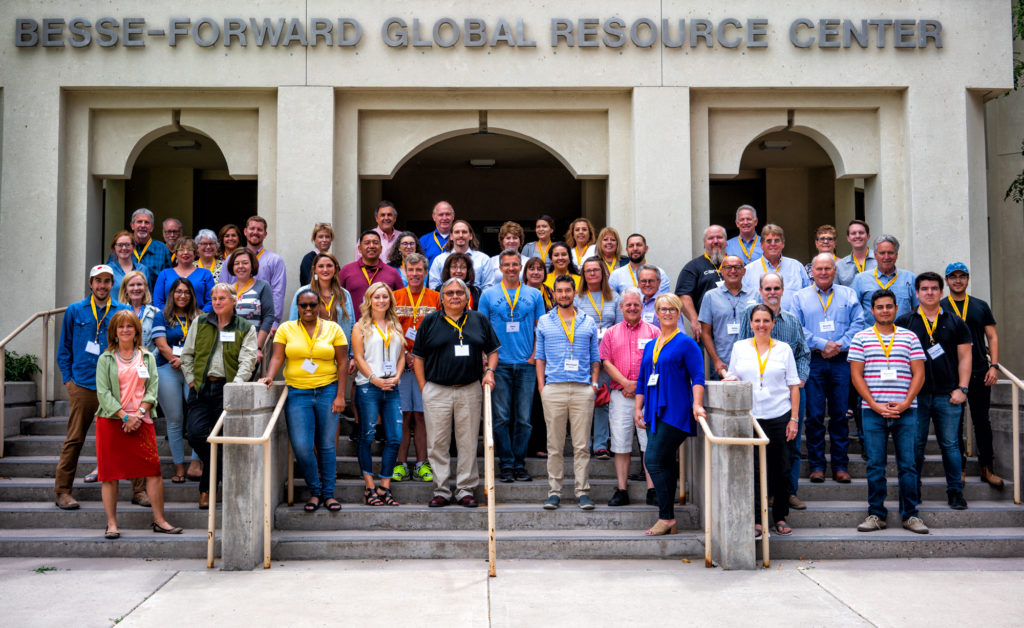
Rather than cancel the annual New Mexico Economic Development Course in the face of COVID-19, organizers are pleased to announce the “Basic Course,” as it’s colloquially known, will be delivered online in 2020.
Students will begin the six-week course in mid-July via Zoom. Lectures, discussions and case studies will be conducted remotely and over a longer time frame than in previous years, allowing people who couldn’t attend in person in the past to participate from their office or home.
“We wish we were convening the course at Western New Mexico University this year, as we’ve done for decades,” course director Noreen Scott said. “With COVID-19 still such a looming threat, that’s just not possible; but we’re as resolved as ever to teach community leaders how to marshal their economies to recovery.”
Like many conferences and other congregate events scheduled this year, basic economic development courses have been canceled across the country due to the pandemic. New Mexico’s economic development course organizers believe teaching the course is as important as ever, particularly in light of the economic devastation caused by COVID-19.
Starting with an afternoon orientation on July 19, students will attend lectures and discussions led by nationally known economic developers every Friday for six weeks. Course curriculum covers the core components of economic development, including business retention and expansion, recruitment, workforce development, real estate, finance, marketing and ethics.
Students will also break into groups for a couple of hours each week to apply themselves to job creation case studies that explore real communities facing real challenges. Students are exposed to a powerful and much-needed framework and methodology for planning and managing the complexity of an economic development program, Scott said.
Sanctioned by the International Economic Development Council (IEDC), the course covers the fundamental building blocks of an economic development strategy. The basic course is the first step in becoming a credentialed economic development professional, but it is not just for economic development practitioners.
Scott said the course is ideal for current or aspiring economic development practitioners, local- and tribal-government officials, financial institutions, chambers of commerce, public utility professionals, workforce developers, and a variety of professionals interested in promoting the economic prosperity of their communities.
“With not only struggling community economies, organizations and local governments are facing budget shortfalls, we’re sensitive to needed belt-tightening,” she said. “This year’s online Basic Course allows many professionals to attend without incurring additional costs of travel and lodging.” The $495 fee ($595 for out-of-state attendees) covers registration, books and course materials. Rural scholarships are available by calling Noreen Scott at (505) 710-7172. Participants should register by July 10. Visit the International Academy for Economic Development website for more information.
Finance New Mexico article 665 by By Grant Taylor, Community Economics Lab for the Finance New Mexico project
